David Stratton: This 4.5-star film took me straight back to my childhood
I was about 10 when I first talked my way into the projection room of a cinema, and a kind man showed me how it all worked. Last Film Show brought me back to my childhood.
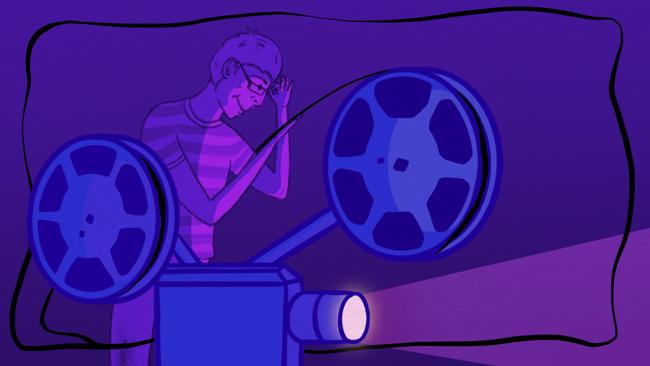
Last Film Show (M)
In cinemas from Thursday September 14
★★★★½
I was about nine or 10 years old when I first talked my way into the projection room of a cinema. The projectionist, whose name, I’m afraid, I’ve forgotten, was very kind to the film-obsessed boy who had spent many hours watching films in the front stalls of the cinema but who now wanted to see how it all worked. He showed me how to load the spools of film onto the projector, how to thread the film through a complex series of sprockets, how to charge the carbon Arclight, and how to effect a changeover from reel to reel – projectors that in those days could only handle reels with about 20 minutes of film. He even showed me how to mend a break in the film by using a splicing device.
I was captivated.
Years later I was able to project both 35mm and 16mm film. All this came back to me while I was watching Last Film Show, a thoroughly delightful film from India.
Nine-year-old Samay (Bahvin Rabari) lives with his parents and younger sister in very poor circumstances in the village of Chalala. Despite its apparent isolation, the village is located on a main railway line, and Samay helps his strictly religious Brahmin father, Bapuji (Dipen Raval), sell chai and other refreshments to passengers when the trains make a brief halt. Samay is surprised and delighted when one day his father announces that the whole family is going to the nearby town’s Galaxy Cinema to see a film – it’s a religious film about the goddess Kali, so that makes it acceptable in Bapuji’s eyes. Little does he realise that, like the boy in Steven Spielberg’s The Fablemans, this first trip to a cinema will prove to be a life-changer for his son.
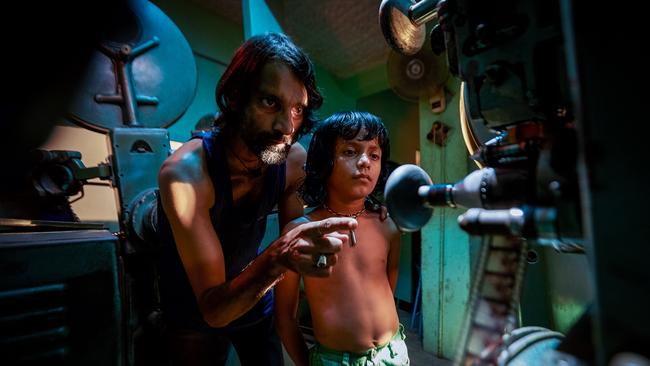
In the weeks that follow Samay plays truant from school to go back to the Galaxy, sneaking in to see Bollywood spectaculars without buying a ticket and eventually befriending Fazal (Bhavesh Shrimali), the cinema’s illiterate but amiable projectionist. In return for sharing the delicious packed lunches Samay’s mother, Baa (Richa Meena), has prepared for him to take to school – scenes of Baa preparing these simple but exotic meals are a delight in themselves – Fazal in effect makes the boy his apprentice.
Samay is captivated by the films he sees but I wondered if it was the films themselves or the cinema experience that so affected him. Would he, for example, have been equally enthralled had he seen, as I did at his age, Hollywood westerns, musicals, comedies and thrillers instead of Bollywood extravaganzas?
Writer-director Pan Nalin’s autobiographical film will be compared to Giuseppe Tornatore’s Cinema Paradiso (1988) but, affecting as that film was, I prefer Nalin’s deceptively simple, heartwarming movie.
As every serious filmgoer knows, in recent years cinemas have ceased projecting 35mm film and have switched to digital projection of films downloaded to computers. This, indeed, is the fate of even the rundown Galaxy and the transition to the digital age is seen in Last Film Show as a truly painful experience.
Late in the film Samay somehow witnesses what happens to those grand old cinema projectors and to the thousands and thousands of feet of film that once spooled through them.
The film opens with a title – In gratitude for illuminating the path – and goes on to cite cinema pioneers the Lumiere Brothers and Eadweard Muybridge, as well as a trio of great directors: David Lean, Stanley Kubrick and Andrei Tarkovsky. Visually the handsomely made film evokes the work of Bengali master Satyajit Ray with scenes of the boy running through fields of long grass and the train line in the background, scenes that, apart from the fact that they’re in colour, not black and white, could have been extracted from Ray’s Pather Panchali (1955).
In the lovely ending Samay, travelling on a train to meet his destiny, sees women wearing the end product of the destroyed films and the director wonders if these were once the films of Antonioni, Maya Deren, Jane Campion, Godard, Coppola, Scorsese, King Hu and Hitchcock, among others.
For those who love cinema this beautifully photographed and very well acted film will be a joy.
This review is dedicated to my friend, Bill Inglis (1941-2023), cinema pioneer, master projectionist and lover of movies. He would have enjoyed Last Film Show.


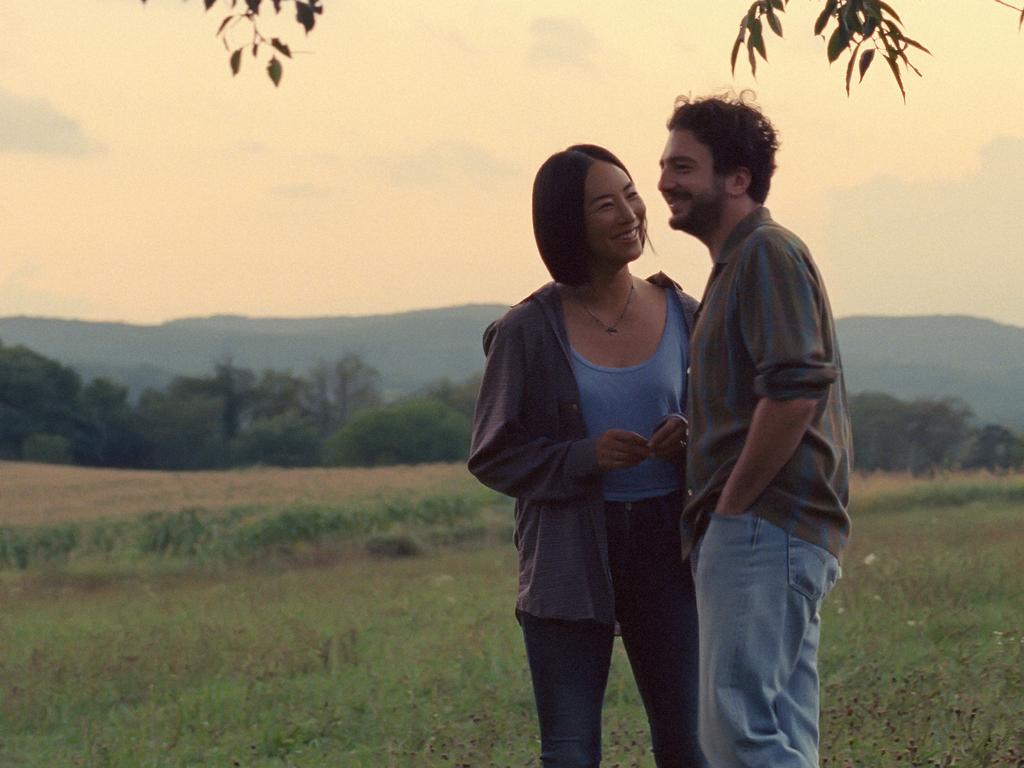

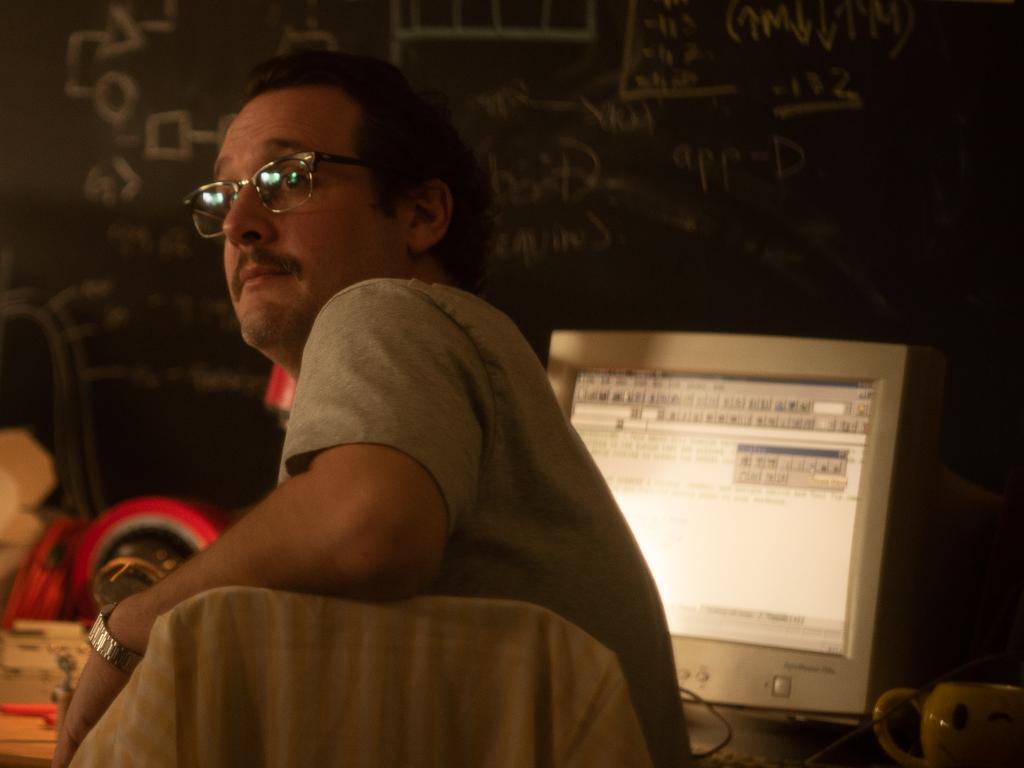
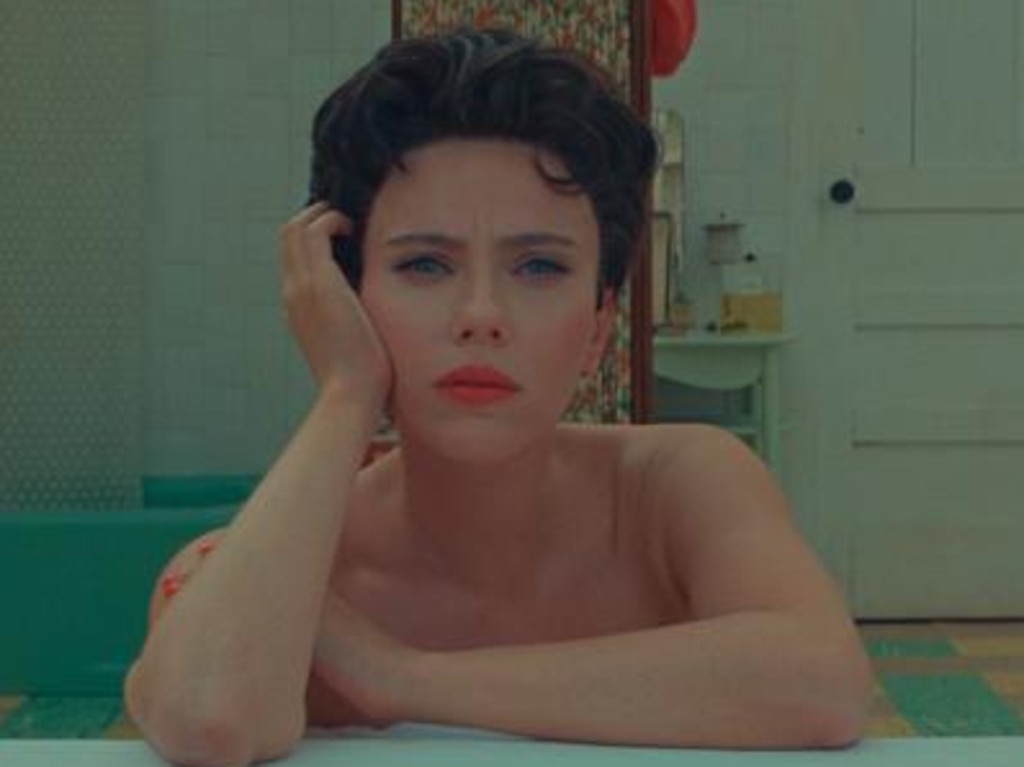
To join the conversation, please log in. Don't have an account? Register
Join the conversation, you are commenting as Logout